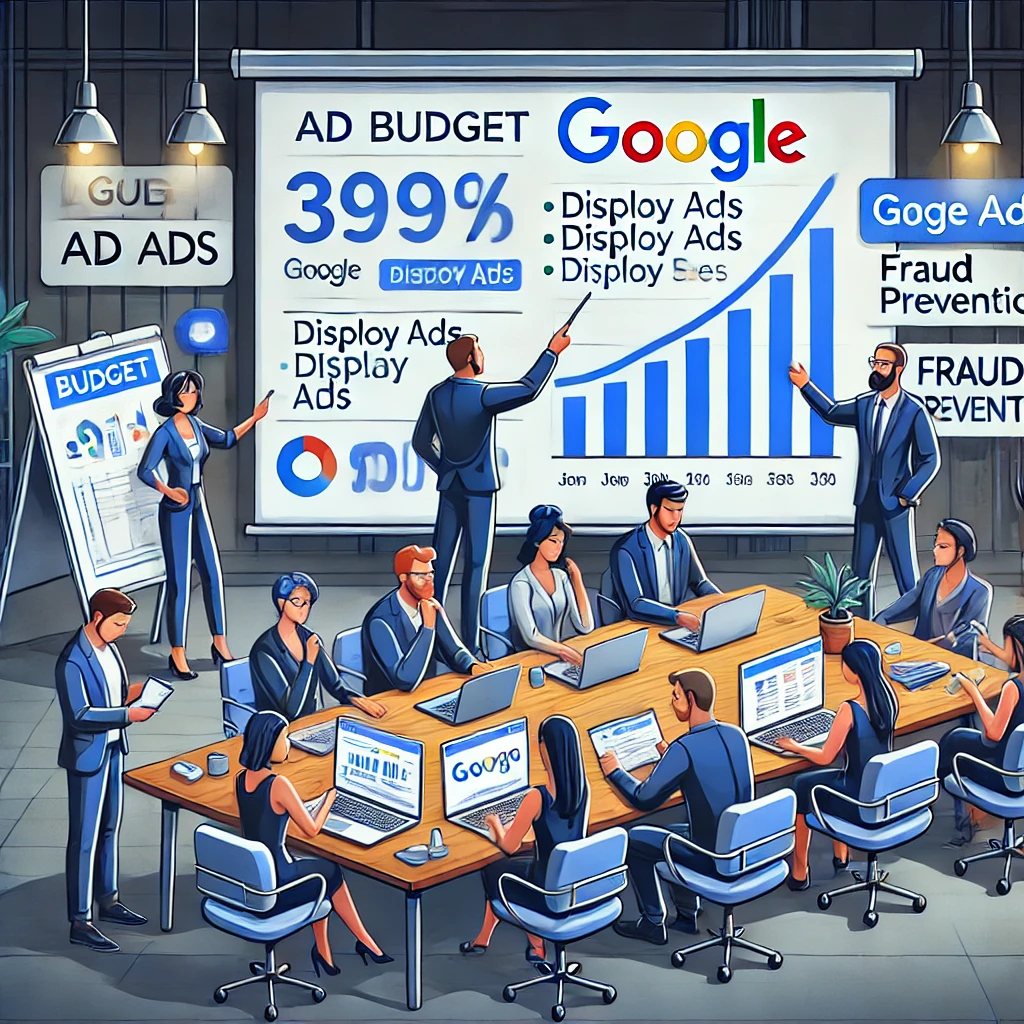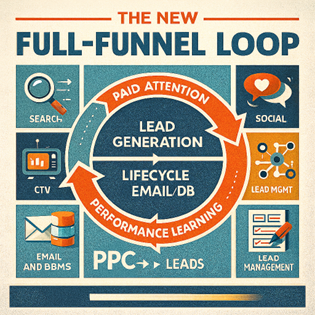
Weboganic’s Take on Navigating Issues with Google Partnerships, Display, and AdSense
In the ever-evolving landscape of digital marketing, Google remains a powerhouse, offering a multitude of tools and platforms to help businesses reach their target audience. However, for agencies navigating Partnerships with Google, as well as utilizing Display and AdSense, issues can often arise, presenting challenges that demand careful consideration and strategic management.
The Cost of Google Partnerships
Weboganic became a Google Partner when AdWords was first launched and Google offers numerous benefits including access to specialized training, promotional offers, and a badge of credibility. However, maintaining partnership status comes with its own set of expenses. From certification exams to meeting minimum ad spend requirements, the work associated with maintaining partnership status can add up quickly.
The dilemma lies in balancing the prestige and benefits of being a Google Partner with the responsibility of putting our client’s best interest in the forefront, even if that means Google’s suite of products might not be best for our clients – especially for .Edu marketing budgets. While the partnership with Google can enhance credibility and attract other clients, we have to weigh the return on investment our clients expect against ongoing expenses.
Challenges with Display Advertising
Google Display Network (GDN) is a powerful tool for reaching potential customers across millions of websites, but it’s not without its challenges for agencies. One common issue is the lack of control over where ads appear. Without careful optimization and monitoring, ads may end up on irrelevant or low-quality websites, resulting in wasted ad spend and diminished campaign performance.
Moreover, the cost of acquiring impressions and clicks on the Display Network can vary significantly depending on factors such as targeting options, ad formats, and competition within the chosen niche. This unpredictability makes it challenging for agencies to accurately forecast campaign costs and deliver optimal results within budget constraints.
Managing Expenses with AdSense
Google AdSense enables website owners to monetize their online content by displaying targeted ads. While it can be a lucrative revenue stream for publishers, it also presents challenges for agencies managing .Edu ad campaigns.
One of the primary expense issues with AdSense is click fraud, where malicious actors generate fake clicks on ads to deplete advertisers’ budgets without delivering genuine engagement. Detecting and mitigating click fraud requires ongoing monitoring and investment in fraud prevention tools, adding another layer of complexity for Weboganic’s work with clients.
Furthermore, optimizing ad placements and targeting options to maximize ROI on AdSense campaigns requires continuous testing and refinement, which can consume both time and resources – often something that colleges and universities can’t effectively manage themselves. Further, the experience that Weboganic possesses gives the added advantage of managing the details required to mitigate the ruin that click fraud presents.
Strategies for Mitigating Expense Issues
Despite the challenges associated with Google Partnerships, Display, and AdSense, there are several strategies Weboganic employs to manage costs and enhance campaign performance:
- Strategic Budget Allocation: Prioritize ad spend on high-performing campaigns and channels while minimizing investment in underperforming ones to optimize ROI.
- Targeted Audience Segmentation: Utilize advanced targeting options to reach specific audience segments most likely to convert, reducing wasted ad spend on irrelevant impressions.
- Continuous Optimization: Regularly monitor and optimize campaigns for better performance, adjusting targeting, ad creatives, and bidding strategies based on real-time data and insights.
- Ad Fraud Prevention: Invest in reputable ad fraud detection and prevention solutions to safeguard ad budgets from click fraud and other fraudulent activities.
- Performance-Based Pricing: Deploying performance-based pricing models based on campaign results, aligning incentives with client objectives.
Conclusion
While Google Partnerships, Display advertising, and AdSense offer valuable opportunities for agencies to reach and engage audiences online, they also come with challenges that require careful management. By adopting strategic approaches to budget allocation, audience targeting, optimization, and fraud prevention, Weboganic can navigate these challenges more effectively, maximizing the value and impact of digital marketing efforts for clients while minimizing unnecessary costs.



